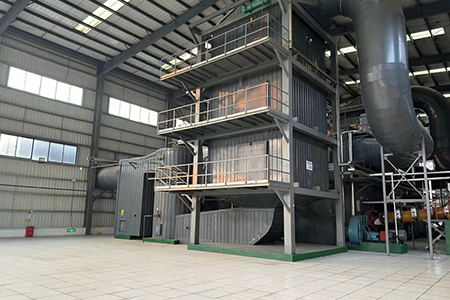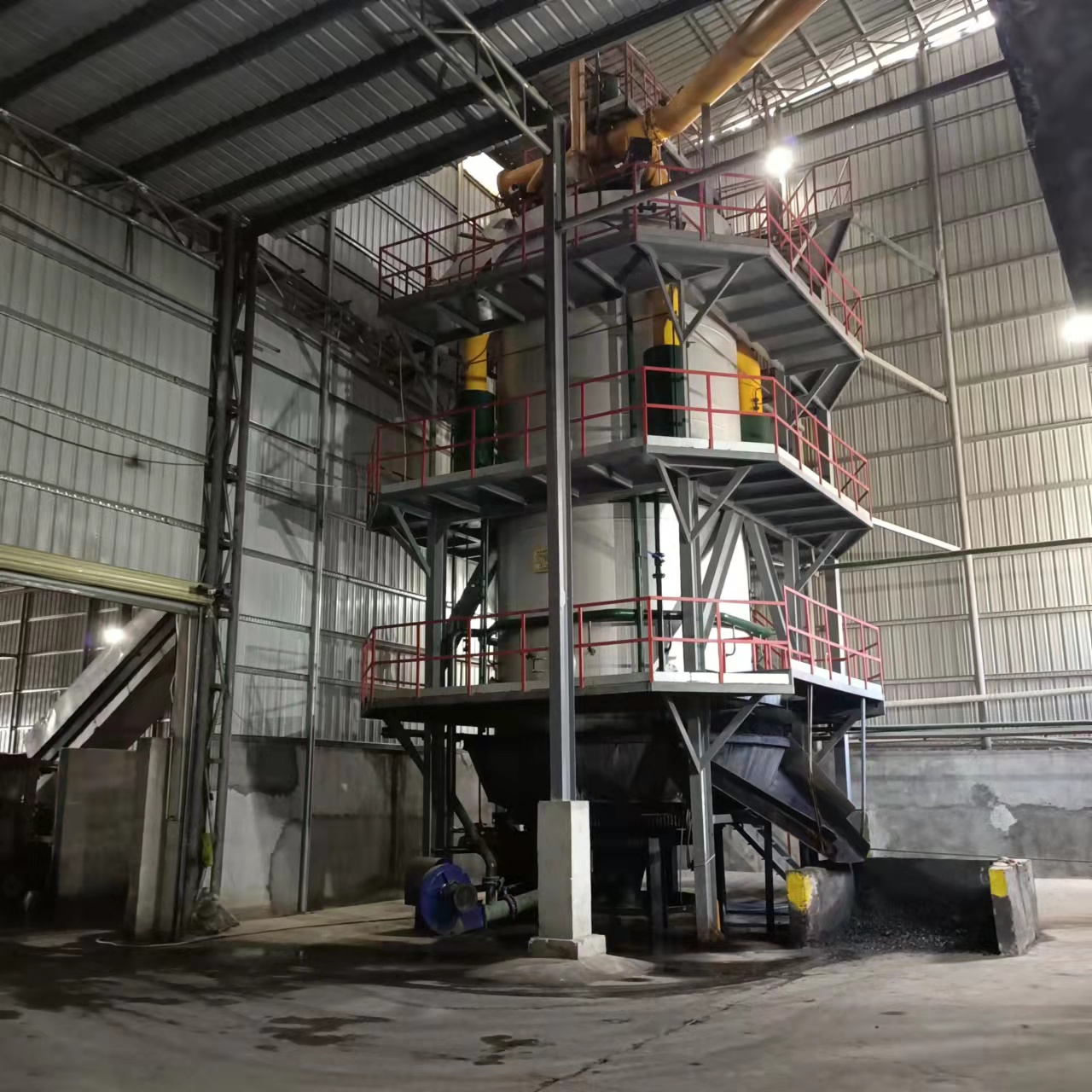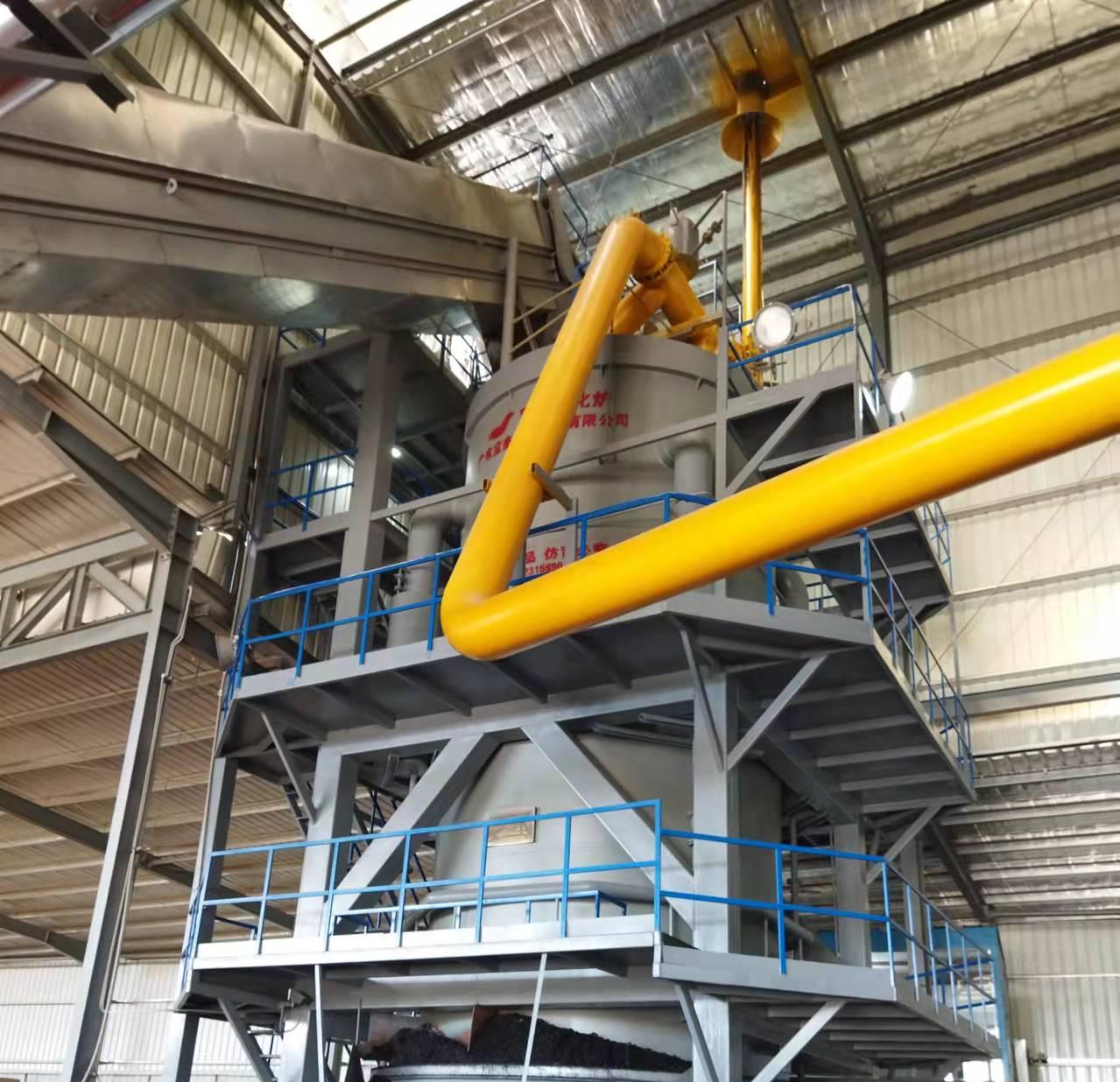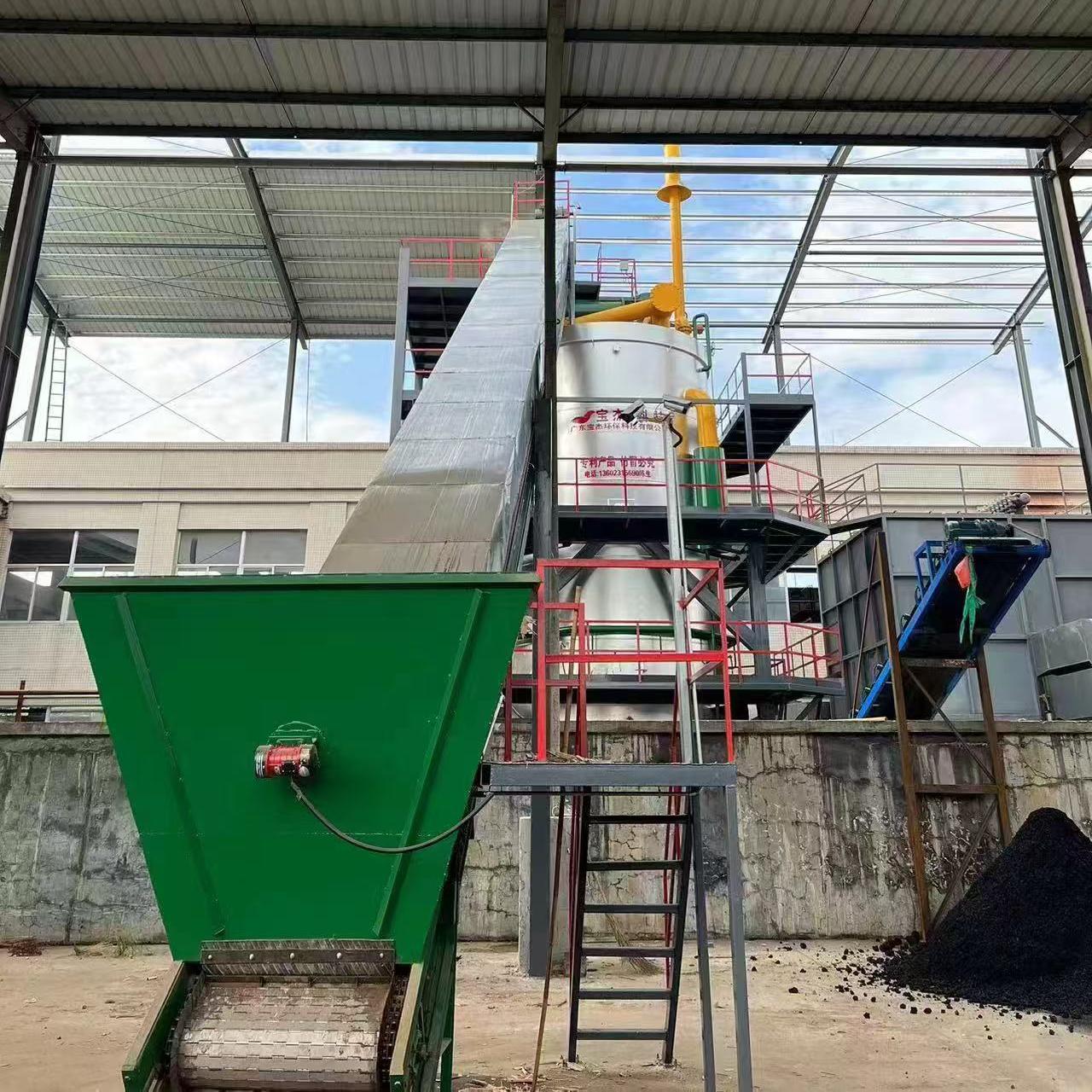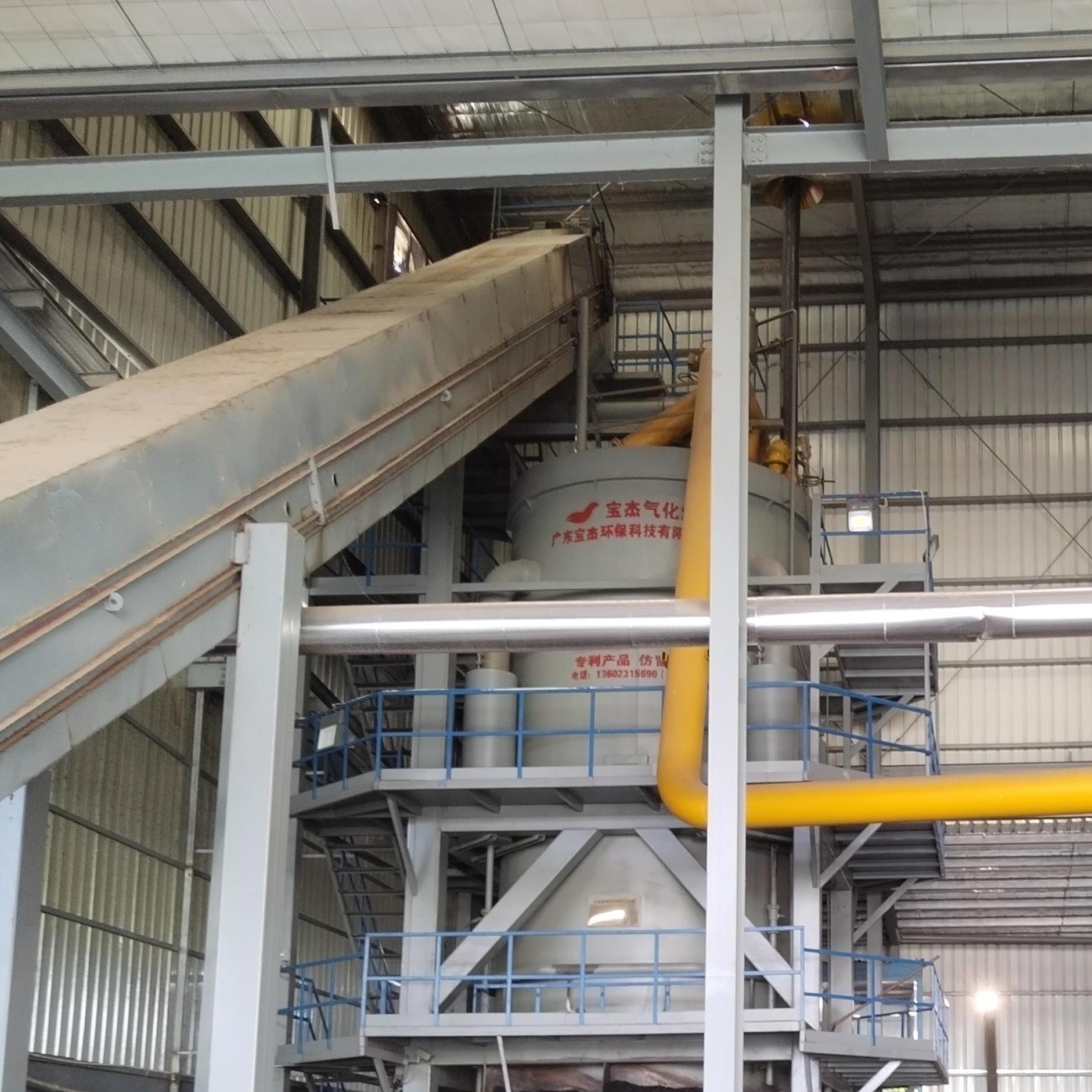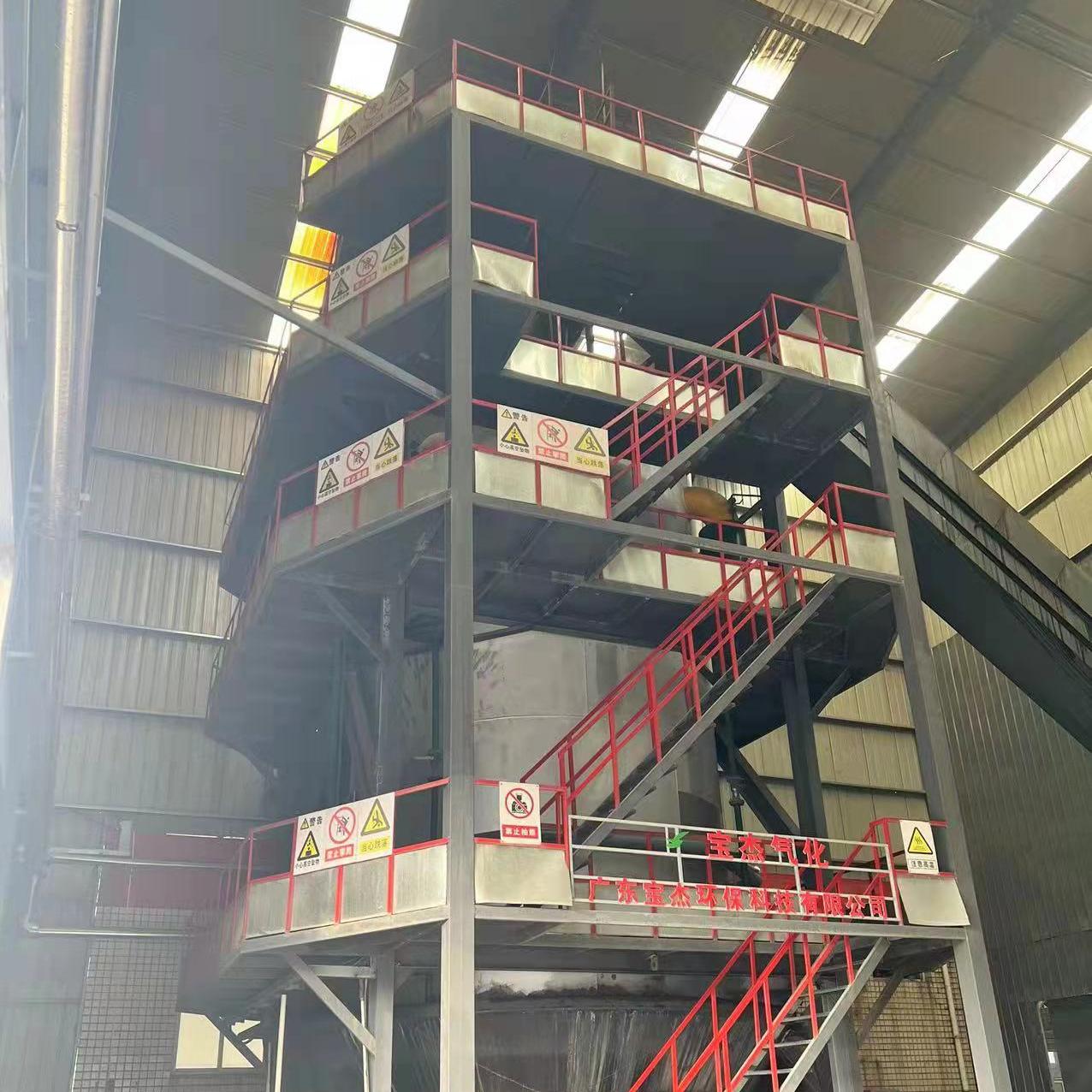R&D and manufacture of biomass gasification equipment, environmental protection equipment, boiler equipment, investment in heating (steam) energy operation and management.
Tel:+86 0769-82928980
E-mail:[email protected]
Web Menu
Product Search
Exit Menu
Industry News
Biomass Gas Boiler: Harnessing Renewable Energy for Sustainable Heating
In the quest for sustainable energy solutions, biomass gas boilers have emerged as a viable option for both residential and industrial heating applications. Utilizing organic materials, these boilers provide an eco-friendly alternative to traditional fossil fuel systems.
Biomass gas boilers operate using biomass materials, such as wood pellets, agricultural residues, or organic waste, as fuel. This reliance on renewable resources significantly reduces the carbon footprint associated with heating. By converting organic matter into gas through a process known as gasification, these boilers efficiently produce energy while promoting sustainability. The use of biomass helps divert waste from landfills, contributing to a circular economy and reducing environmental impact.
One of the standout features of biomass gas boilers is their high efficiency. Modern designs can achieve efficiency ratings of over 90%, meaning that a significant portion of the fuel's energy is converted into usable heat. This efficiency is largely due to advanced combustion technology and innovative heat exchange systems that optimize energy extraction. As a result, biomass gas boilers can provide consistent and reliable heating while minimizing fuel consumption.
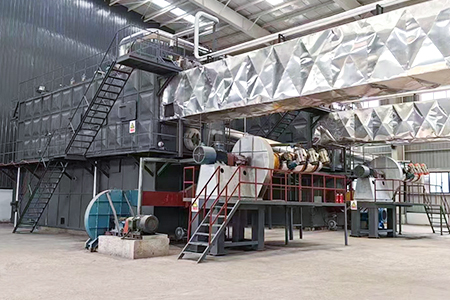
Biomass gas boilers offer flexibility in fuel sourcing, accommodating a variety of organic materials. This versatility allows users to select the most cost-effective and locally available biomass options. For instance, agricultural by-products like straw, corn stover, or wood chips can be used, making it easier for users to tailor their heating solutions to their specific needs. Additionally, as advancements in technology continue, more biomass materials are being explored for use in gas boilers.
In comparison to traditional fossil fuel boilers, biomass gas boilers produce significantly lower greenhouse gas emissions. The combustion of biomass is considered carbon-neutral because the carbon dioxide released during burning is roughly equal to the amount absorbed by the plants during their growth. Furthermore, modern biomass gas boilers are designed with advanced emission control systems that minimize particulate matter and other pollutants, ensuring compliance with stringent environmental regulations.
Investing in a biomass gas boiler can lead to substantial cost savings over time. While the initial investment may be higher than conventional systems, the reduced operational costs associated with biomass fuel can offset this expense. Biomass fuels are often more affordable than fossil fuels, and the use of local resources can further decrease transportation costs. Additionally, many governments offer incentives and subsidies for adopting renewable energy technologies, making biomass gas boilers a financially attractive option.
Biomass gas boilers are designed for easy integration into existing heating systems. Many models can be connected to traditional radiators, underfloor heating, or hot water systems, providing seamless operation. Additionally, advancements in automation technology allow for the remote monitoring and control of biomass boilers, ensuring optimal performance and convenience. Users can manage their heating systems efficiently, making adjustments as needed to maximize comfort and energy savings.
Quick Links
Products
contact Us
 Tel: +86 0769-82928980
Tel: +86 0769-82928980 Fax: [email protected]
Fax: [email protected] E-mail: [email protected]
E-mail: [email protected] Company Address: Dalang Chamber of Commerce Building, No. 288 Yinlang South Road, Dalang Town, Dongguan City 13333, China
Company Address: Dalang Chamber of Commerce Building, No. 288 Yinlang South Road, Dalang Town, Dongguan City 13333, China Factory Add:
West side of Centre Road and south side of Zhongyuan Road within Hongcaoyuan, Hongcao Town, Shanwei Urban District
Factory Add:
West side of Centre Road and south side of Zhongyuan Road within Hongcaoyuan, Hongcao Town, Shanwei Urban District
Copyright© 2022 Guangdong Bao Jie Technology Co., Ltd.All Rights Reserved.


 EN
EN 